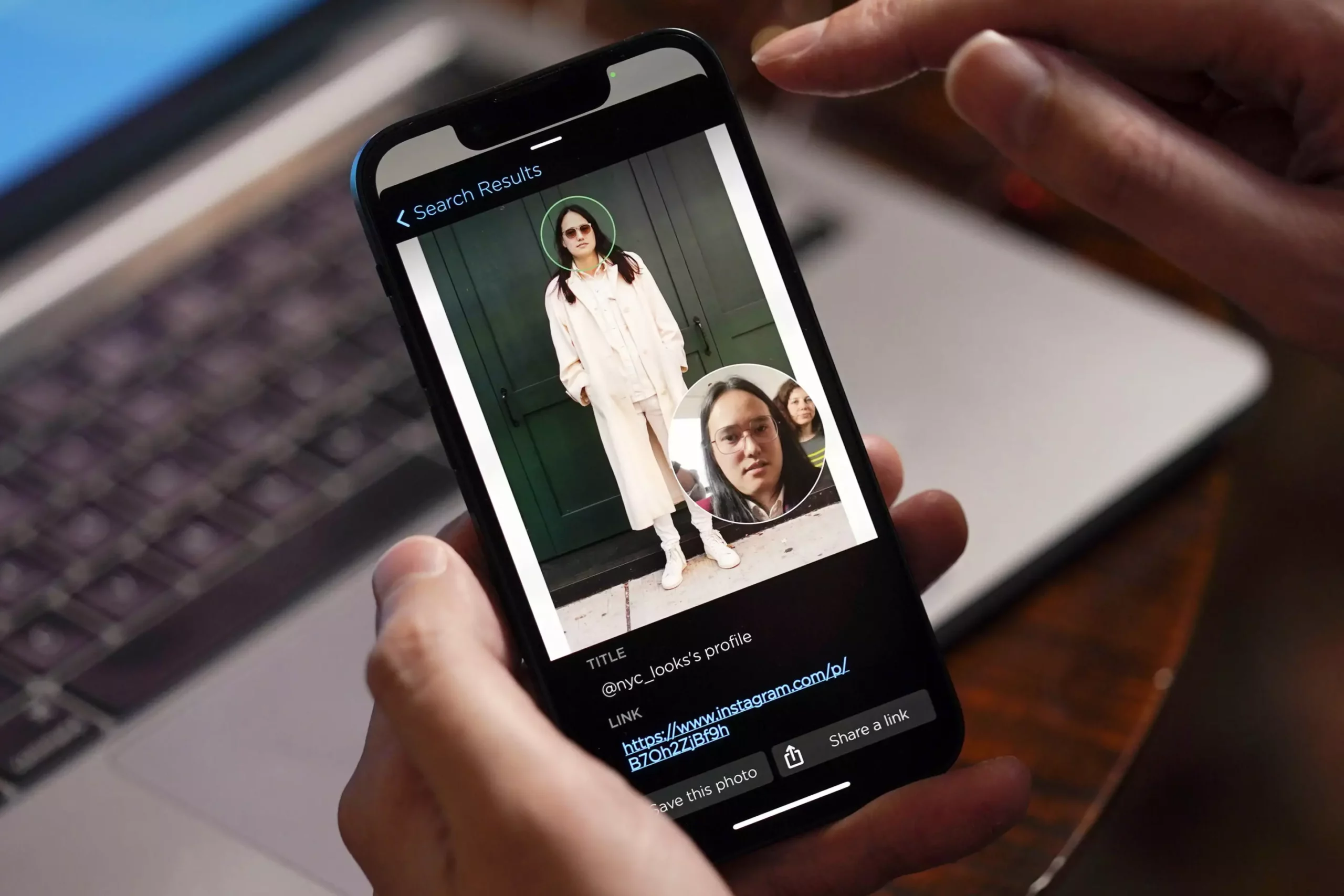The settlement reached by facial recognition startup Clearview AI in an Illinois lawsuit has sparked controversy and debate within legal circles. The agreement, estimated to be worth more than $50 million, raises questions about privacy rights, financial compensation, and the accountability of tech companies in today’s digital age.
One of the most striking aspects of the settlement is the unconventional way in which plaintiffs will receive compensation. Rather than a traditional payout, plaintiffs in the federal suit will be given a share of Clearview AI’s potential value. This innovative approach, while innovative, has raised eyebrows and led to skepticism from privacy advocates and legal experts.
Lack of Admission of Liability
Another point of contention in the settlement is Clearview AI’s refusal to admit any liability as part of the agreement. This refusal to take responsibility for potential violations of privacy rights is concerning and raises questions about the company’s commitment to transparency and accountability. By sidestepping any admission of wrongdoing, Clearview AI may be setting a dangerous precedent for future cases involving tech companies and privacy issues.
Creative Solution or Evasion of Responsibility
While some, including lead plaintiffs’ attorney Jon Loevy, have praised the agreement as a “creative solution” given Clearview’s financial constraints, others see it as an evasion of responsibility. The fact that Clearview did not have the cash to pay fair compensation to the affected class is worrisome and highlights the potential risks of holding tech companies accountable for privacy violations.
Limited Scope of Settlement
The sweeping language of the settlement agreement, which includes anyone whose images or data are in Clearview AI’s database and who lived in the U.S. starting on July 1, 2017, raises concerns about the potential impact and reach of the settlement. It’s unclear how many individuals will be eligible to join the settlement, and the lack of specificity in the agreement leaves room for interpretation and possible loopholes.
Privacy advocates and individuals pursuing legal action against Clearview AI have expressed disappointment and frustration with the settlement. Sejal Zota, an attorney and legal director for Just Futures Law, criticized the agreement for legitimizing Clearview and failing to address the root of the problem. This sentiment underscores the complexity of balancing financial compensation with accountability and justice in cases involving tech companies and data privacy.
The settlement reached by Clearview AI in the Illinois lawsuit raises important questions about privacy rights, financial compensation, and corporate accountability. While the agreement may represent a novel approach to resolving legal disputes involving tech companies, its lack of admission of liability and limited scope have sparked controversy and debate. As technology continues to advance, the need for robust legal frameworks and ethical guidelines to govern the use of facial recognition and biometric data becomes increasingly urgent.


Leave a Reply